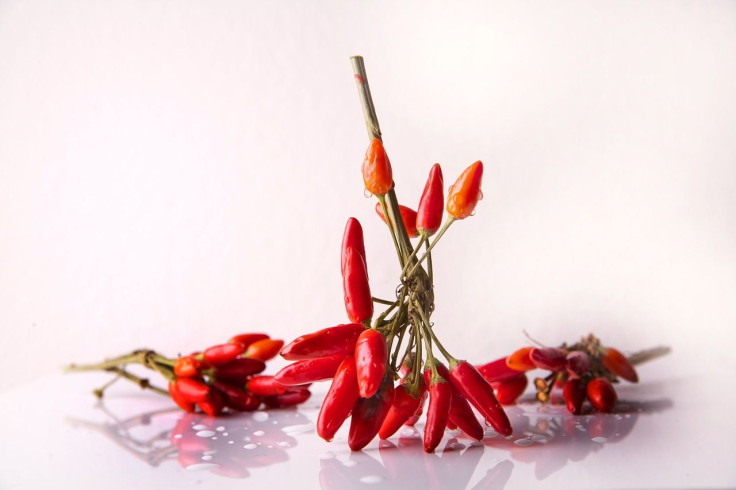Improve Life Expectancy By Adding This Spice To Your Daily Meal

KEY POINTS
- Leading a healthy lifestyle can be hard in today's times
- There is one ingredient, however, that could help improve longevity
- It's now time to consider making chili a regular part of your daily meals
The rule is pretty simple. Lead a healthy lifestyle, and in most cases, it will be enough to improve your lifespan. Regularly consuming a healthy and balanced meal plays an important role in keeping life-threatening diseases at bay. At the same time, doing so will also improve your lifespan.
Some foods can threaten your life expectancy. These foods increase your risk of fatal health conditions, like heart attacks and strokes. Various health organizations reveal that in the UK, thousands of lives are claimed by such ailments annually. This is why evaluating your diet is an important first step towards warding off such health risks.
A Lifesaving Ingredient
Many studies did show that diet plays a major role in improving your lifespan. You can go a step further than that by adding an ingredient that recent studies say can further boost longevity.
According to a recent study which has been published in the Journal of the American College of Cardiology, eating chili peppers can help lower stroke and heart attack risks. This bolsters the findings of past studies that say such ingredients can help your health in many ways.
Following the Mediterranean Way
The study which was conducted in Italy made a comparison of the risk of death in 23,000 individuals. Researchers divided them into two groups and classified them, one group, as chili pepper-eaters and the other group as those who do not eat chili peppers.
The health statuses of the participants and their eating habits were observed over eight years. After this period, researchers discovered that the risk of dying from a stroke or heart attack among chili pepper-eaters was 40% lower compared to those who do not eat chili. The researchers noted that positive results are more dominant with individuals who are consuming chili peppers at least four times each week.
According to Marialaura Bonaccio, the study’s lead author, it is interesting to note that such mortality risk protection was independent of the diet type that the participants followed. Bonaccio is an epidemiologist based at the Mediterranean Neurological Institute or Neuromed.
The lead author also said this means, a person can follow a healthy Mediterranean diet while another may eat less-healthy foods and still be protected by consuming chili pepper. To collate the findings, researchers analyzed data from 25,000 participants of the Moli-Sani study, which was conducted in the Molise region in southern Italy.
© Copyright IBTimes 2025. All rights reserved.





















